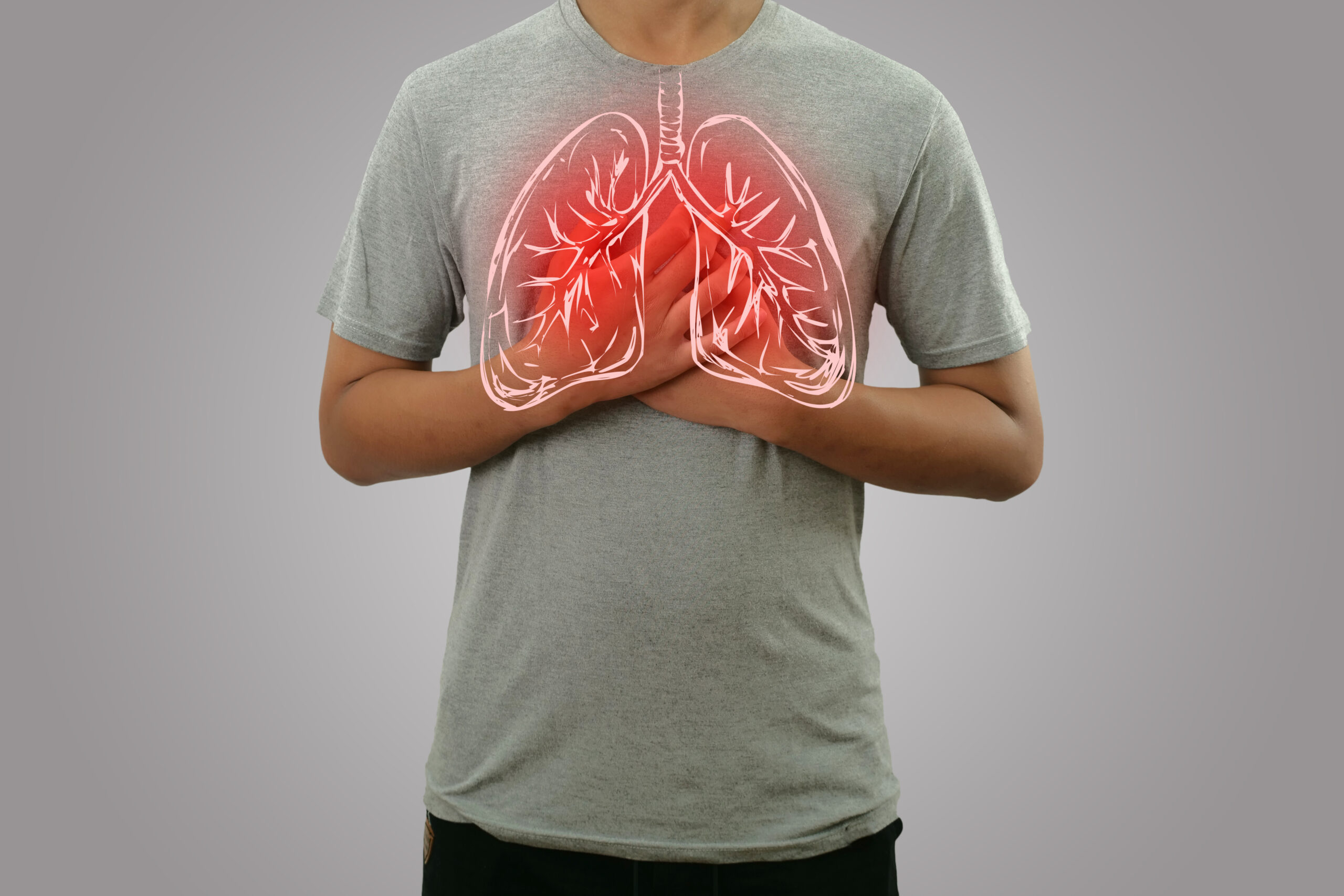Introduction
Pulmonary edema is a serious lung condition. It happens when fluid builds up in the lungs. This makes it hard to breathe and can be life-threatening. Because of this, preventing pulmonary edema is very important. Healthy lungs help you stay active and enjoy life. In this blog, you will learn about pulmonary edema, its causes, early signs, and how to keep your lungs healthy. Let’s explore simple steps for pulmonary edema prevention.
What is Pulmonary Edema?
Pulmonary edema means there is extra fluid in the air sacs of your lungs. As a result, your lungs cannot take in enough oxygen. This can cause shortness of breath and other problems. Sometimes, it happens suddenly. Other times, it develops slowly. Pulmonary edema can be dangerous if not treated quickly. According to the CDC, lung diseases are a leading cause of illness worldwide. So, knowing about pulmonary edema is important for everyone.
Common Causes and Risk Factors
Many things can cause pulmonary edema. Some people are at higher risk than others. Understanding these causes helps you take steps to prevent it. Here are some common causes and risk factors:
For example, people with heart disease are more likely to develop pulmonary edema. But, even healthy people can be at risk if they travel to high places or have a lung infection.
Recognizing Early Symptoms
Early detection can save lives. Therefore, it is important to know the warning signs. Watch for these symptoms:
If you notice these symptoms, act quickly. Early treatment can prevent serious problems.
Tips to Prevent Pulmonary Edema
Prevention is always better than cure. Here are some simple tips to help keep your lungs healthy and lower your risk of pulmonary edema:
Additionally, regular health check-ups can catch problems early. If you have heart or kidney issues, follow your doctor’s advice closely. The World Health Organization says that healthy habits can lower your risk of lung problems by up to 30%.
When to Seek Medical Help
Sometimes, symptoms can get worse quickly. If you have trouble breathing, chest pain, or cough up pink foam, seek help right away. These signs can mean a medical emergency. Do not wait. Call your doctor or go to the nearest hospital. Fast action can save your life.
Frequently Asked Questions (FAQ)
Conclusion
In summary, pulmonary edema is a serious lung problem. But, you can lower your risk by following healthy habits and watching for early signs. Always talk to your doctor about your lung health. Consult a pulmonologist for personalized advice on preventing pulmonary edema.
